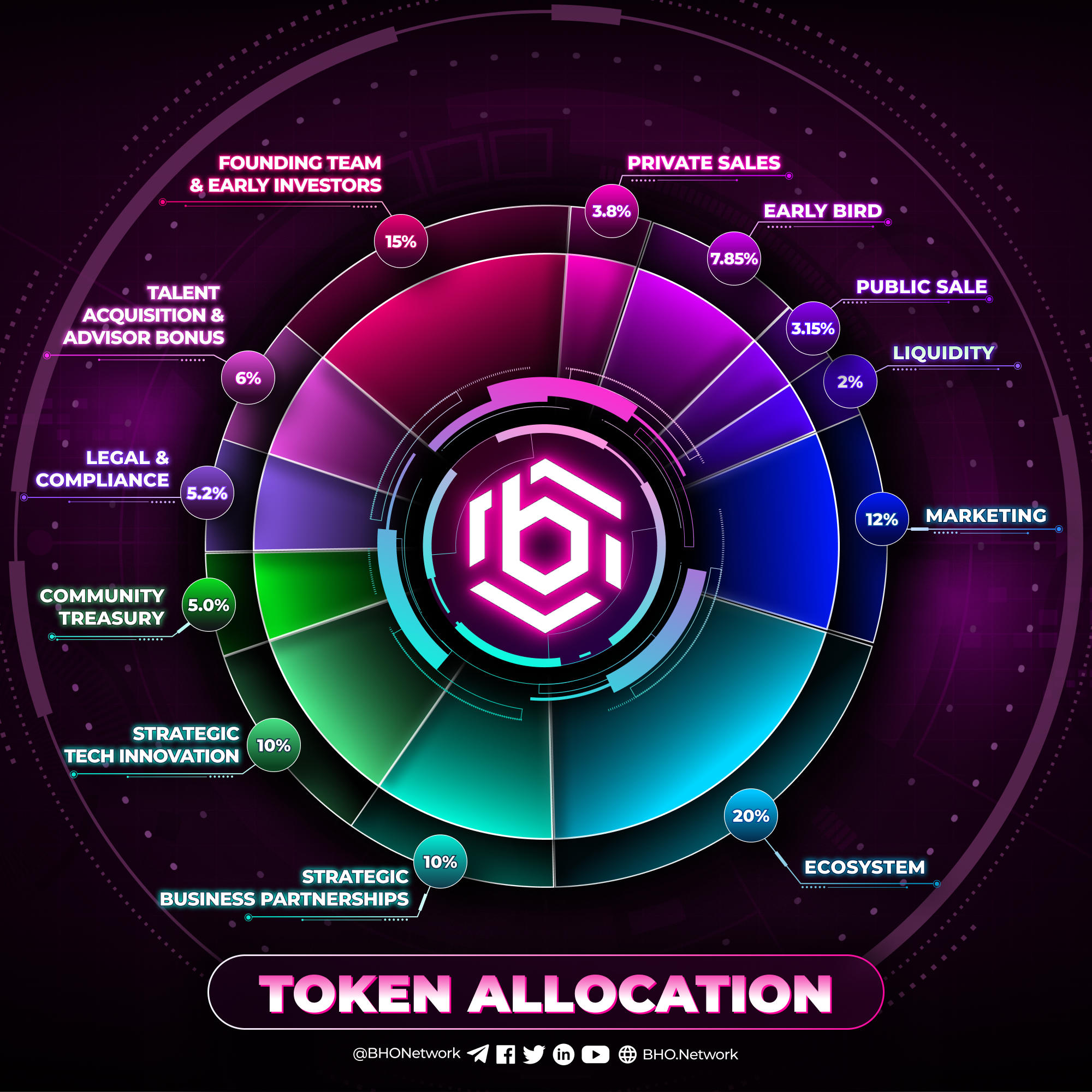WHERE DO GOVERNMENTS GET BITCOIN?
Bitcoin, the world's first decentralized cryptocurrency, has seen significant adoption since its inception in 2009. While originally championed by tech enthusiasts and libertarians for its promise of financial freedom, it has since caught the attention of governments worldwide. The question of where governments acquire Bitcoin is multifaceted, involving various methods ranging from seizures to purchases. This article delves into these methods and highlights notable historical events that have shaped governmental Bitcoin holdings.
1. Seizures from Criminal Activities
One of the primary ways governments have acquired Bitcoin is through the seizure of assets involved in criminal activities. Cryptocurrencies are often used in illicit transactions due to their pseudonymous nature. Law enforcement agencies across the globe have conducted numerous operations that resulted in the confiscation of significant amounts of Bitcoin.
Silk Road and the United States Government
A landmark event in this context was the shutdown of Silk Road, an online black market, by the FBI in October 2013. The site, which facilitated the sale of illegal drugs and other illicit goods using Bitcoin, was a major target for law enforcement. Ross Ulbricht, the founder of Silk Road, was arrested, and approximately 144,000 Bitcoins were seized from his accounts. These Bitcoins were later auctioned off by the U.S. Marshals Service in several batches, raising millions of dollars.
Other Notable Seizures
- Netherlands: In 2018, Dutch law enforcement agencies seized 2,500 Bitcoins in a drug bust. The government later sold these Bitcoins, adding substantial revenue to their coffers.
- Bulgaria: In a remarkable case, Bulgarian authorities seized over 213,000 Bitcoins in 2017 during an operation against organized crime. However, the Bulgarian government has remained tight-lipped about the exact fate of these assets.
2. Taxation and Legal Compliance
Another avenue for government acquisition of Bitcoin is through taxation and legal compliance. As cryptocurrencies become more integrated into the financial systems, governments have started to implement regulatory frameworks that include taxation of crypto holdings and transactions.
United States and IRS Compliance
In the United States, the Internal Revenue Service (IRS) has been increasingly vigilant about cryptocurrency tax compliance. In 2019, the IRS sent warning letters to over 10,000 taxpayers who had engaged in virtual currency transactions but may not have reported them properly. Failure to comply can result in the seizure of assets, including Bitcoin.
3. Direct Purchases and Investments
While less common, some governments and their affiliated institutions have made direct purchases or investments in Bitcoin. This is usually part of a broader strategy to diversify reserves or to engage in speculative investment.
El Salvador’s Bold Move
El Salvador made headlines in September 2021 when it became the first country to adopt Bitcoin as legal tender. The government, under President Nayib Bukele, purchased 400 Bitcoins initially and has continued to buy more. This move aims to integrate Bitcoin into the national economy, improve financial inclusion, and reduce reliance on traditional fiat currencies.
4. Donations and Gifts
Governments can also acquire Bitcoin through donations and gifts, often facilitated by blockchain transparency and the ease of transferring cryptocurrency across borders.
Ukraine and the Crypto Fundraising Campaign
During the ongoing conflict with Russia, Ukraine has received substantial cryptocurrency donations from supporters worldwide. In early 2022, the Ukrainian government officially set up crypto wallets to accept donations, and by mid-2022, they had received millions of dollars in Bitcoin and other cryptocurrencies. These funds have been used to support the country’s defense efforts and humanitarian aid.
5. Mining Operations
Some governments have ventured into cryptocurrency mining, either directly or through state-sponsored enterprises, to generate Bitcoin.
Iran’s Mining Initiative
Facing severe economic sanctions, Iran turned to Bitcoin mining as a means to circumvent restrictions and generate revenue. The Iranian government has issued licenses to several mining operations, aiming to leverage the country’s subsidized electricity for profitable mining activities. This state-supported mining is estimated to contribute significantly to the country’s Bitcoin reserves.
Historical Events Shaping Governmental Bitcoin Holdings
The journey of governmental Bitcoin acquisition is punctuated by several key events:
- 2013 Silk Road Seizure: This event marked one of the first large-scale seizures of Bitcoin by a government, setting a precedent for future operations.
- 2014 IRS Guidance: The IRS's announcement that it would treat Bitcoin as property for tax purposes established a regulatory framework that enabled the collection of Bitcoin through tax enforcement.
- 2017 Bulgarian Seizure: The confiscation of over 213,000 Bitcoins highlighted the scale of cryptocurrency's use in organized crime and the potential for governments to acquire substantial holdings through law enforcement.
- 2021 El Salvador Legal Tender: El Salvador’s adoption of Bitcoin as legal tender was a groundbreaking move that demonstrated a government's willingness to directly invest in and utilize Bitcoin as part of its economic strategy.
- 2022 Ukraine Fundraising: The use of Bitcoin donations to support national defense and humanitarian efforts showcased the utility of cryptocurrency in crisis situations and international aid.
Governments acquire Bitcoin through a variety of methods, each reflecting different aspects of how cryptocurrencies intersect with legal, economic, and geopolitical landscapes. From seizing illicit assets to direct purchases and mining operations, the ways in which governments come to hold Bitcoin are as diverse as the cryptocurrency’s use cases. Historical events like the Silk Road seizure, El Salvador’s adoption of Bitcoin, and Ukraine’s fundraising efforts underscore the evolving relationship between states and digital currencies. As Bitcoin continues to gain traction, it is likely that governments will find even more ways to engage with and acquire this revolutionary asset.
Published on July 24, 2024







